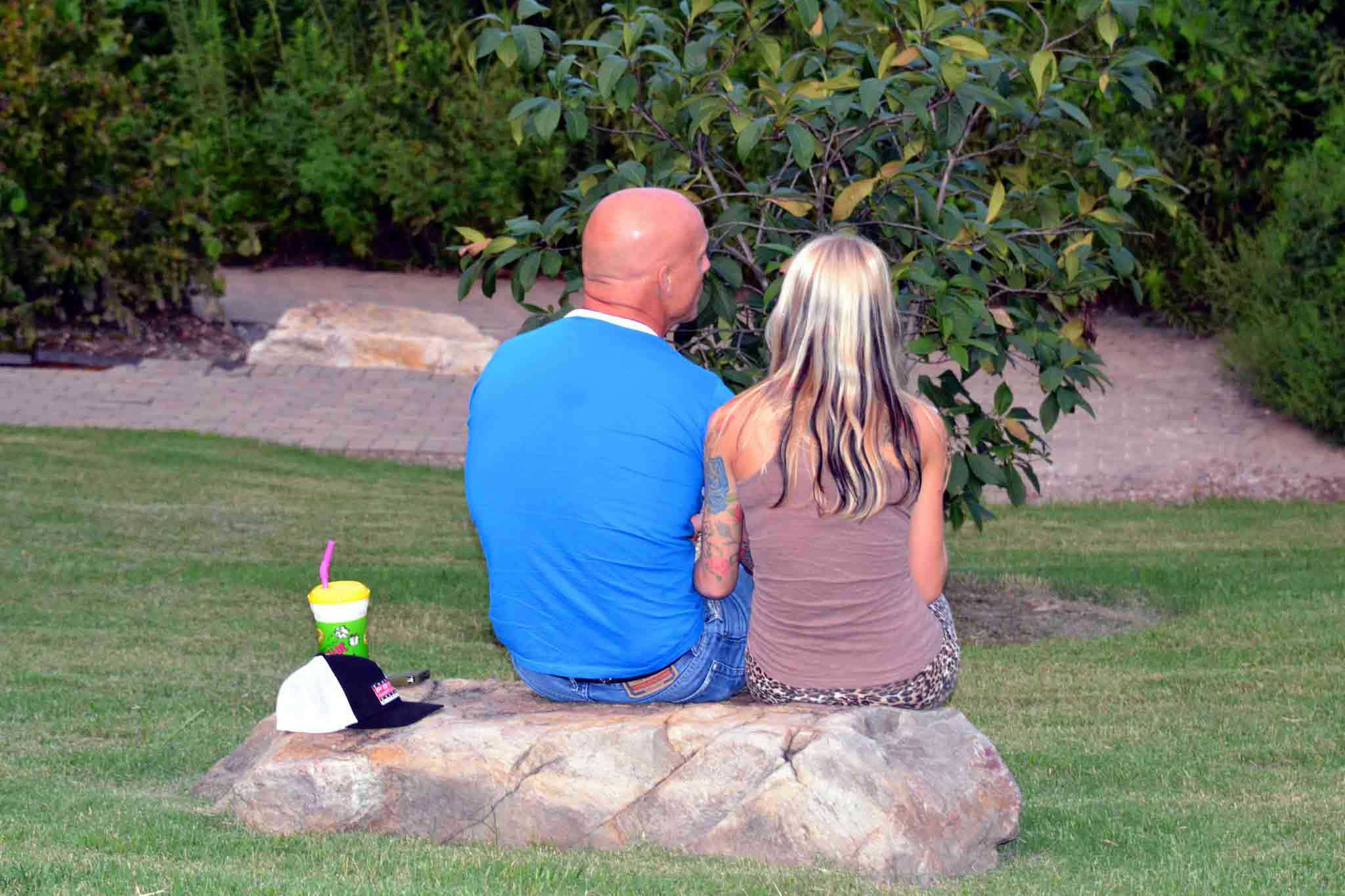 If I have forgiven, why do I still experience so much emotional pain? A wise older woman once explained how forgiveness “works.” If someone comes up to me and slashes my arm with a knife, I am left with a wound. Choosing to forgive means choosing not to retaliate. But I am still left with a nasty wound on my arm. If left untended, it may get infected, or develop gangrene, or create an ugly scar. Tended, it will heal. That’s how our bodies are made. And our emotions work in much the same way.
If I have forgiven, why do I still experience so much emotional pain? A wise older woman once explained how forgiveness “works.” If someone comes up to me and slashes my arm with a knife, I am left with a wound. Choosing to forgive means choosing not to retaliate. But I am still left with a nasty wound on my arm. If left untended, it may get infected, or develop gangrene, or create an ugly scar. Tended, it will heal. That’s how our bodies are made. And our emotions work in much the same way.
Forgiveness is a Choice
The first question that we face is: Will we forgive? The question implies that we have a choice. Will we decide not to retaliate? When my father died, I was in my mid-thirties and thought I knew how to forgive. However, inside of me was a “bottle” full of black, sticky bitterness. I was not really aware of its presence, but my grief popped off the cork and out came this rancid, sarcastic, edgy, bitterness that sullied everything I touched. Although I thought that I had forgiven, I had an untended wound inside me and my words made this clear. I hit out at those in my path with sarcasm, hatred, putdowns, and jealousy, even though they had done nothing to hurt me. As in the movie Ghostbusters, I slimed everyone around me. And so began my process of forgiving and healing–and forgiving and healing and forgiving and healing.
Forgiveness needs to be specific. We cannot “globally” forgive, but must be as specific as we can. Sometimes it helps to write down the date and the offense that we have forgiven – just in case we are tempted to change our minds and demand payback.
Payback is for God to Deal With
”What is so wrong with payback?” you may ask. “They deserve some consequences for hurting me!” screams our sense of justice. “They shouldn’t get off that easy!” “If I don’t pay them back, who will?” The Bible tells us in Galatians 6 that God is not mocked and that what we sow is what we will reap. Yet on the surface this does not always seem true. Our faith can be challenged when we wait and see nothing “bad” happen to the person who offended us.
“Unfair!” scream our emotions. “Unfair.”
That is when we are tempted to pick up the knife.
Put the knife down.
Step back.
God is faithful and we do not always see the entire picture. Some consequences may lead the person who hurt us to repent. But I may not like this because I want to see them punished rather than repentant. In such situations, I need to be reminded that I chose to forgive and left payback to God.
We Cannot Have Peace without Forgiveness
You may ask: “What is in it for me?” The Bible teaches us that when we refuse to forgive, we end up in torment. This is simply a spiritual law–a lack of forgiveness on our part creates inner torment. Like the physical law of gravity, we can refuse to believe it, but when we drop a pencil, it falls. The same is true of the failure to forgive–if we refuse to forgive, torment will follow.
If you ask, ”What’s in it for me?” the answer is, “Peace.”
Can Relationships be Healed?
 As I regain some emotional health, the next step is for me to start asking God to bless the person who hurt me. Every time my emotions want to hurt back, or hate back, I pronounce a blessing. I ask God to make their lives full of joy and love and blessing. It is important to note that you don’t have to “feel” loving as you do this.
As I regain some emotional health, the next step is for me to start asking God to bless the person who hurt me. Every time my emotions want to hurt back, or hate back, I pronounce a blessing. I ask God to make their lives full of joy and love and blessing. It is important to note that you don’t have to “feel” loving as you do this.
Does forgiveness mean that I should put myself back into a situation where I can be hurt again? No, it definitely does not mean that. Sometimes relationships are restored, but this is not always the case. However, being open to the healing of a relationship is the supernatural fruit of forgiveness. I believe that God does often give us this choice.
Asking for Forgiveness
Finally, when we ask forgiveness of another person whom we have hurt, we should be very specific. Do not seek to explain your actions when you say: “Please forgive me for being prideful when I said those hurtful words.” If we follow this up with a reason explaining why we were prideful, we usually end up saying that we are not at fault. We blame the circumstances, or we say you made me do it, I was not thinking, I was sick, and so on. Instead of doing this, we need to own up and repent. Let God heal you, for He is gracious and kind and merciful.
Christian Counseling Can Help You to Forgive
It is easy to say that we need to forgive, but actually doing so can be very difficult. The theme of forgiveness may open up wounds that we would rather ignore because we do not know how to deal with the pain that we have suffered. If you are aware of areas in your life where you struggle with forgiveness, it may be helpful to explore the possibility of Christian counseling. A skilled Christian counselor can provide guidance and support as you confront the wounds in your life and make the choice to forgive those who have hurt you.
Photos
- “Children Playing” courtesy of Vlado, FreeDigitalPhotos.net, #10052212
- “Shouting Man” courtesy of chrisroll, FreeDigitalPhotos.net, #10073808






